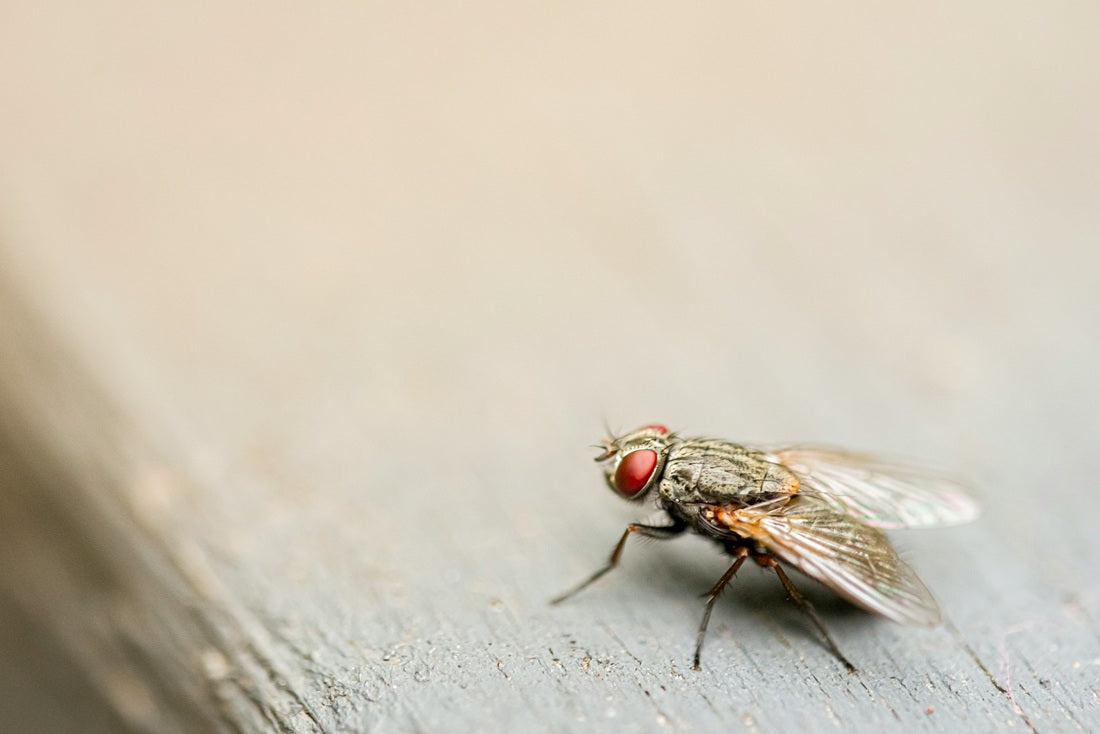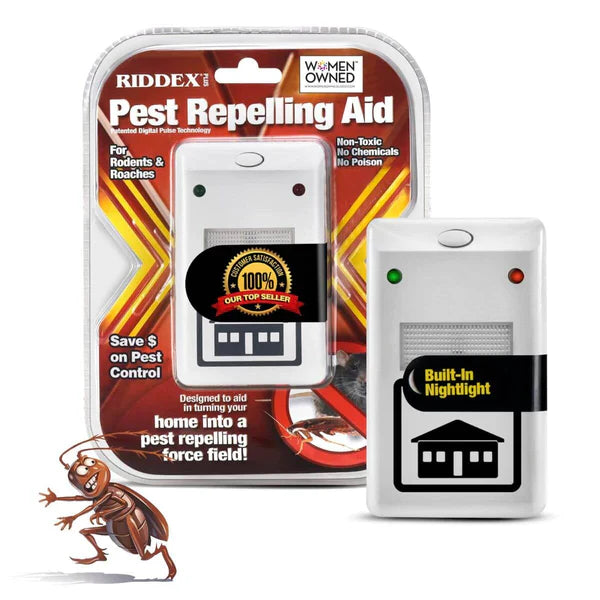When the chilly winds start blowing, many folks crank up the heat to keep their homes warm and cozy. But with the warmth indoors comes an unintended consequence: pests seeking refuge inside. During the heating season, your home could become a haven for bugs and rodents, which can be quite a nuisance. This situation calls for effective ways to manage these unwanted guests without resorting to harsh chemicals or traps. Natural pest repellents offer a friendly alternative, helping keep your living space pest-free harmoniously.
Natural pest repellents work by driving pests away rather than killing them. This means you won't have to deal with messy traps or harmful poisons. They rely on scents and substances that pests find unpleasant but are completely safe for humans and pets. These solutions are environmentally friendly too, making them a smart choice for anyone who wants to protect their home without adding toxins to the environment.
Understanding Natural Pest Repellents
Natural pest repellents use ingredients from nature to deter pests. They can come in many forms such as essential oils, plant-based sprays, and even some household items. Essential oils, for example, are popular because they’re easy to use and can be very effective. Oils from peppermint, eucalyptus, or lavender are known to repel various insects, including mosquitoes, ants, and spiders. When these oils are diffused in the air or applied to surfaces, their strong scents discourage pests from lingering.
Using natural pest repellents has several benefits over traditional methods. For one, they don't introduce harmful chemicals into your home. This is important because continuous exposure to chemical sprays or traps can affect the health of your family and pets. Also, natural solutions are less harmful to the environment. They help maintain a balance between keeping pests at bay and protecting the natural world around us.
Let’s take a look at some effective examples of natural repellents that work well during the indoor heating season:
- Essential Oils: Use peppermint oil or eucalyptus oil to deter insects like ants and spiders. Mix these oils with water and spray them in corners, along baseboards, or any place where pests are likely to enter.
- Cedar Blocks: Known for keeping moths away, cedar can help protect your clothes and storage areas from raids. Place these blocks in your closets and storage rooms as a preventive measure.
- Citrus Peels: The fresh smell of citrus repels mosquitoes and flies. Placing lemon or orange peels near windows and doors creates a natural barrier.
Incorporating these natural solutions into your pest control strategy can effectively prevent pests from settling into your cozy winter home while ensuring your environment stays safe and chemical-free.
Practical Tips for Using Natural Pest Repellents Indoors
Using natural pest repellents is a straightforward way to maintain a pest-free home, especially during the colder months. To maximize their effectiveness, it's important to apply them correctly. Start by identifying the high-risk areas in your home, such as entry points, corners, and spaces where pests are likely to hide. Applying repellents in these specific locations increases your chances of success.
Consider making a simple DIY mix using essential oils like peppermint or tea tree oil. Add a few drops to a spray bottle filled with water and a bit of white vinegar. Shake it well before use, then spray the mixture around door frames, windowsills, and other potential entryways. The scent will deter pests from entering, creating an invisible barrier that's both safe and effective.
Don't forget:
- Apply repellents consistently. Once every few weeks should keep the barrier strong.
- Use a variety of repellents. Each type targets different pests, so using multiple can cover all your bases.
- Monitor for any signs of pest activity and reapply more frequently if necessary.
Choosing the Right Natural Pest Repellent for Your Home
Not all repellents work the same way for every household. Choosing the right one involves understanding your specific needs. Different pests respond to different methods, so it's essential to know your adversaries.
Here are things to consider:
1. Type of Pest: Identify the type of pests causing trouble. For instance, essential oils work well for ants and spiders, while cedar can deter moths.
2. Household Needs: Consider if anyone in the home has allergies that might be triggered by certain natural scents or oils. Selecting a low-risk option is always a good idea.
3. Safety: Ensure that any repellent you choose is safe for pets and children. Look for non-toxic, eco-friendly labels on products to ensure safety.
4. Read Labels: Always check labels to understand the ingredients and usage instructions clearly. Being informed helps you make the best decision for your home.
Keeping Your Home Pest-Free
Integrating natural pest repellents into your routine offers an effective and risk-free way to manage indoor pests during the heating season. These solutions not only help maintain a cleaner living space but also support a healthier environment. By sticking to a regular application schedule and making thoughtful choices about which products to use, you can keep your sanctuary pest-free.
As the temperatures drop, staying vigilant and proactive matters. Being consistent with your repellent application ensures that pests don't get too comfortable indoors, securing your home environment against unwelcome guests.
Embrace these natural strategies for peace of mind throughout the winter months. Keep your space a warm and inviting haven for you and your family, instead of pest intruders, by utilizing these gentle, effective methods.
Keep your home cozy and pest-free by using natural methods that are both effective and safe. To explore more about solutions that fit your lifestyle and needs, consider visiting Riddex's selection of natural pest repellents. Discover how Riddex products can help you maintain a pest-free environment all season long.






